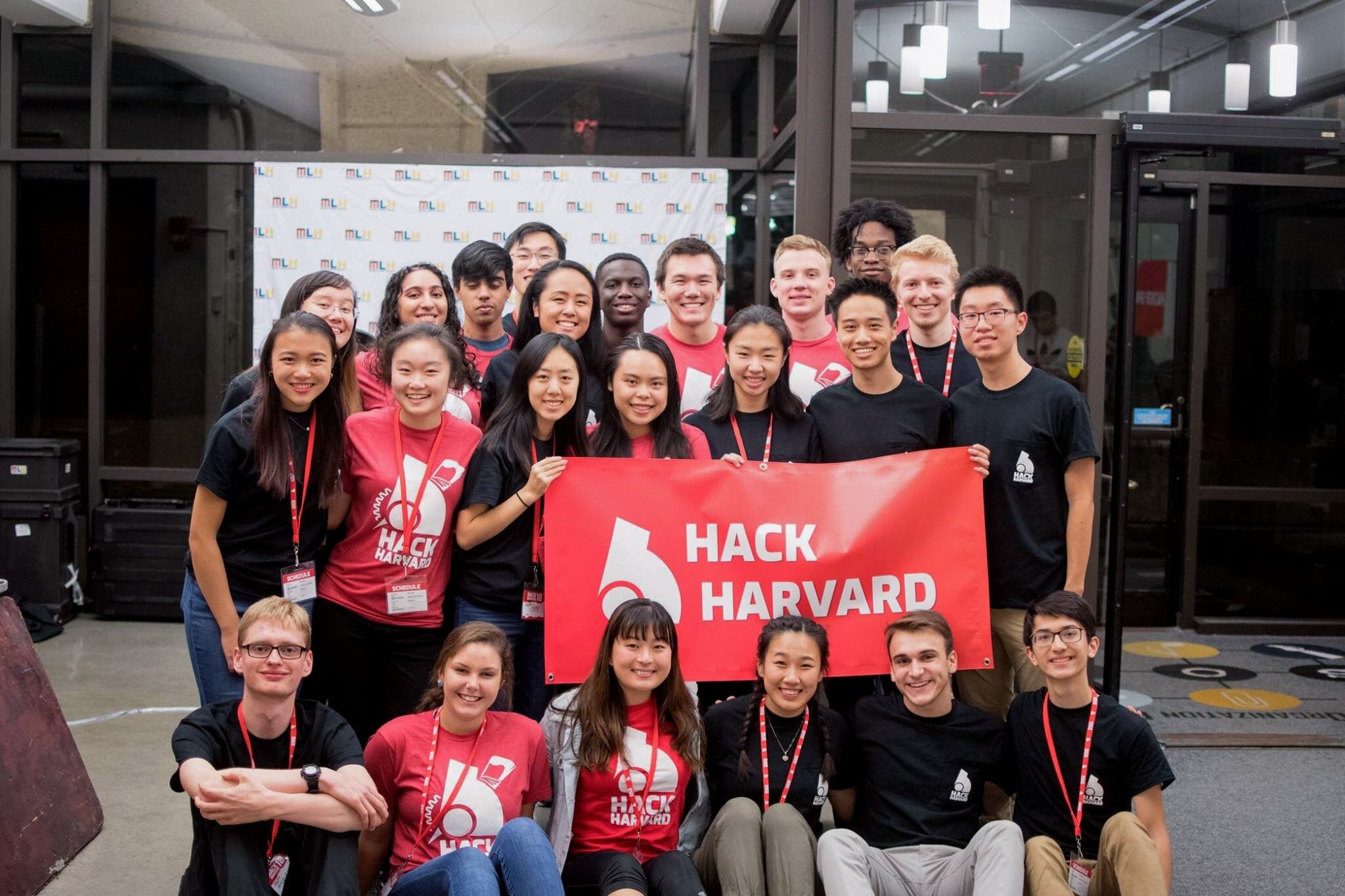Exploring Ethical Technology with Catherine Yeo
Catherine Yeo ’18 is a student at Harvard University majoring in computer science and minoring in English. Previously a full-time OHS student from 2016 to 2018, she currently organizes hackathons, conducts AI research, and writes both creative stories and technical pieces.
When Catherine was in tenth grade, she attended a large tech conference and made a very specific observation. “I noticed something odd: this [was] the first time I’ve ever been in a public venue where women’s bathrooms had no line while the men’s bathroom had an insanely long line,” Catherine says. “This is such a subtlety that made me realize the heavy gender imbalance in the field of technology, and I wanted to start something that could introduce more young women to technology and entrepreneurship, [and] not only teach them these fundamental skills but build their confidence so that if they want to, they can pursue this field in the future.”
Catherine soon founded PixelHacks, which has hosted four annual hackathons starting in 2017. Every year, PixelHacks brings in hundreds of high school women, invites mentors from the industry to help them, and hosts workshops on topics like programming and entrepreneurship. “Most of them have no programming background, and in the course of one weekend, they come in, learn, and build a project from scratch to something incredible. I remember one team built an app that helped autistic children in their daily lives. [I’ve seen] a lot of incredible applications and platforms that not only are technically sound but have a really good mission to create social impact.”
After organizing PixelHacks for several years in high school, Catherine continued organizing hackathons in college. She leads HackHarvard and is currently organizing IvyHacks, a collaboration between six collegiate hackathons to create a virtual hackathon experience helping inspire as many students around the world as possible.
In addition to hackathons, Catherine pursues her interests in computer science, fairness, and social impact through a variety of venues. She is conducting machine learning research at IBM Research, and she taught a free online class on algorithmic fairness for high school students this summer.
Outside of computer science, Catherine spends much of her free time writing, split between fiction writing, creative nonfiction, and technical writing. “I publish a lot of my fiction writing under a pseudonym online and get feedback from online writing communities,” Catherine says. Most recently, a class she took last semester—Algorithmic Fairness—sparked her interest in fairness and ethics issues in technology from both quantitative and philosophical standpoints. Now, she is working on Fair Bytes, an organization advancing AI ethics education through workshops and technical content (some of which is her own writing breaking down research in the field of AI fairness and interpretability).
“With how big of a presence AI and machine learning have in our lives, it’s really important to also think about human-centric aspects of AI,” Catherine says about her motivation for starting her publication. “When I build an AI model, I not only need to care about the technical design and the presentation of how to solve the problem using AI algorithms; I also need to care about who I’m designing these algorithms for and how I can maximize help for them.”
Since Catherine started her publication in May, over 15,000 people have read her articles. Many have given her positive feedback that they gained a new understanding of issues and research in AI fairness. One of her articles was translated to Japanese by an international AI publication, and she is excited to expand the reach of her writing to larger audiences.
On her experience at OHS, Catherine says that she came to OHS for her last two years of high school. Though not many people switch schools halfway through high school, Catherine was seeking an intellectual challenge, and what sold her on OHS was the students. She contacted many student ambassadors and noted that they all were thorough, considerate, and genuinely willing to help. “I was really struck by how thoughtful, amazing, and supportive all the students I met and eventually would talk to as an OHS student were.”
Catherine says that her experience at OHS prepared her well for college, and the writing and humanities classes in particular solidified her skill in analytical writing. The similarity between the OHS schedule and a college schedule also helped with her transition.
What advice would Catherine give to OHS students? “Don’t be afraid of reaching out to people, especially in the virtual environment. Take advantage of all the resources you have, all the people you can reach out to, whether it’s just to meet them or want to ask them for help. I reached out to a few alumni when I was applying for colleges, and they were extremely helpful. And I felt really bad about it because I thought I was bothering them, but we actually really want to help you; I say this as an alum now. I think the OHS community is amazing. Don’t be afraid to reach out to people, and really take advantage of all the resources you have.”
Catherine also notes that even though it can be easy to get lost in comparing yourself to others, she encourages OHS students to take a step back and look at the bigger picture. “I wish I took a step back sometimes and reminded myself about how I am super grateful to have the opportunity to be at OHS—to meet all these students, learn from these classes and teachers.”
Correction (12/28/20): Edited to reflect new changes to Catherine’s organization, Fair Bytes.



